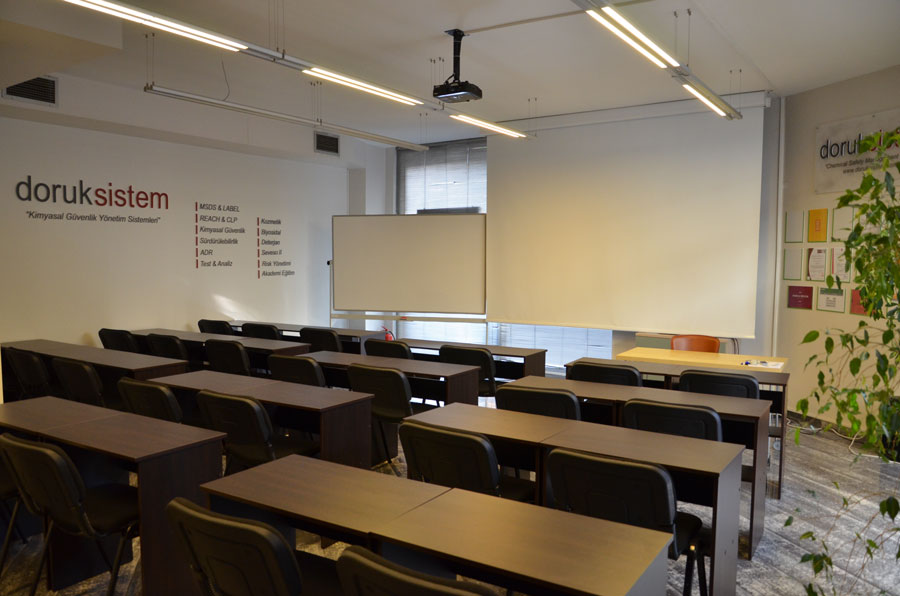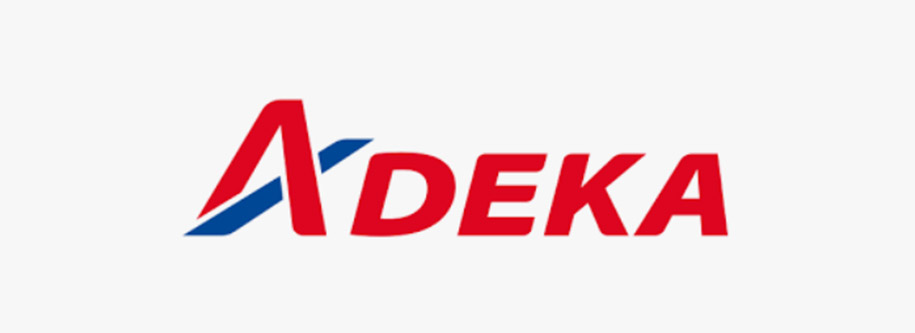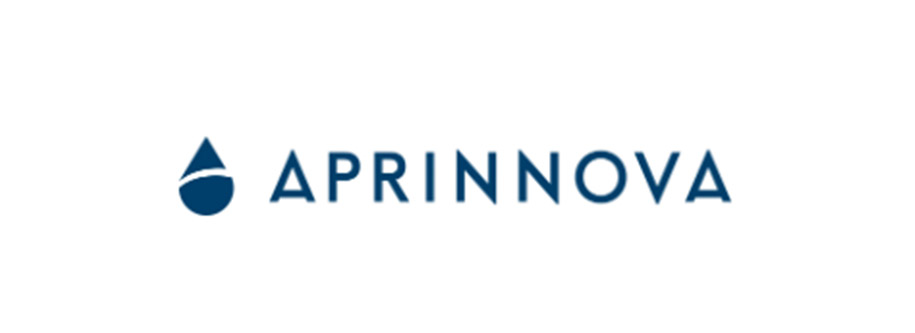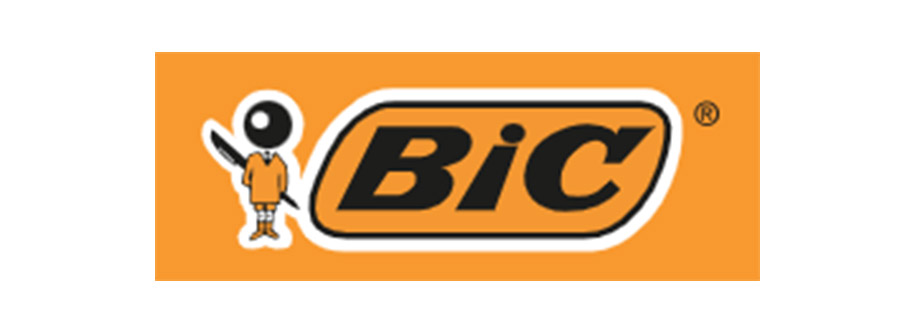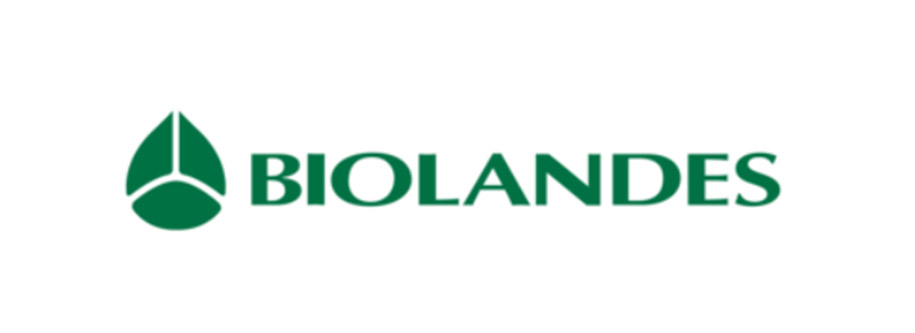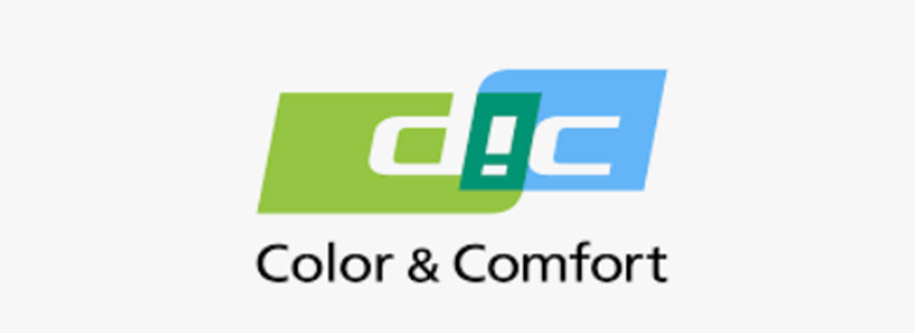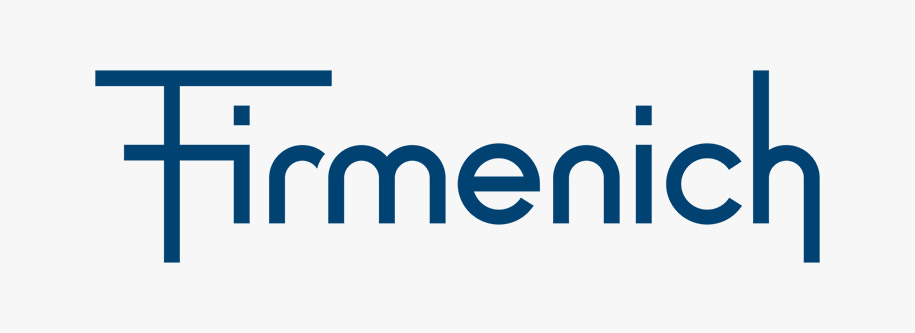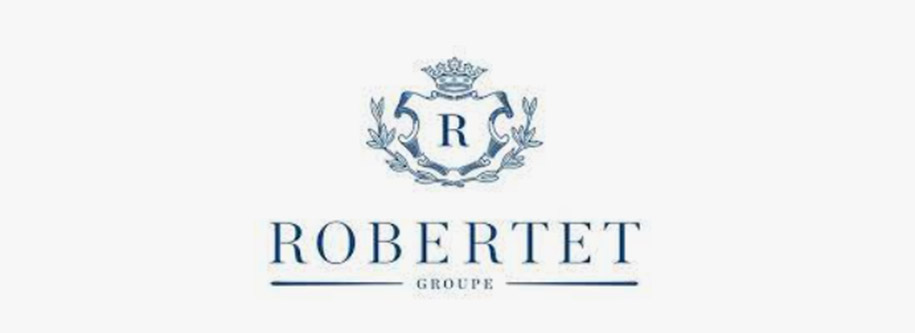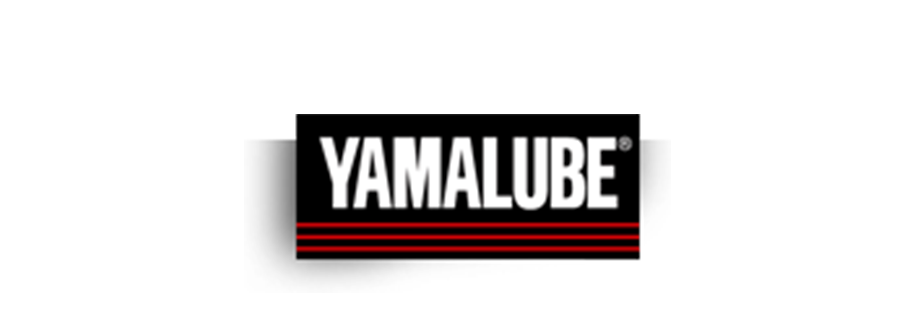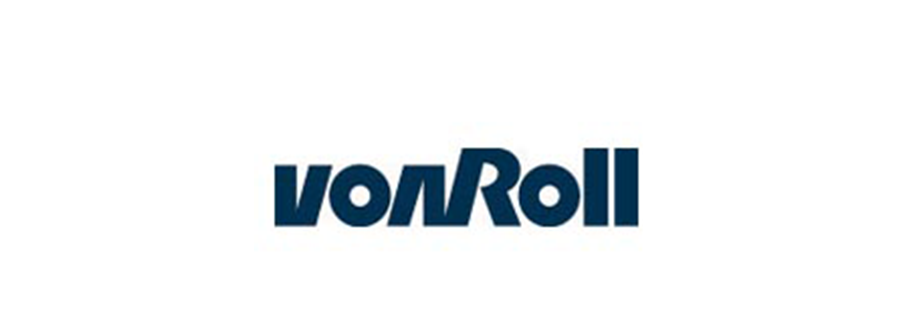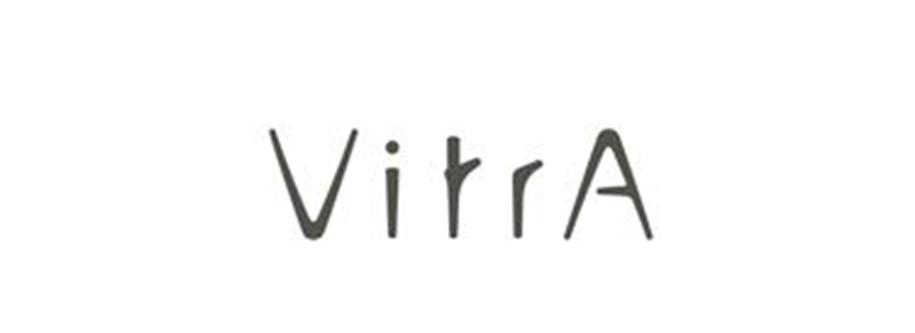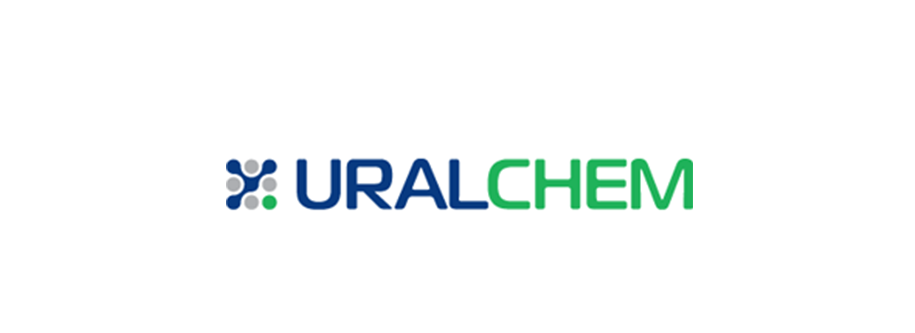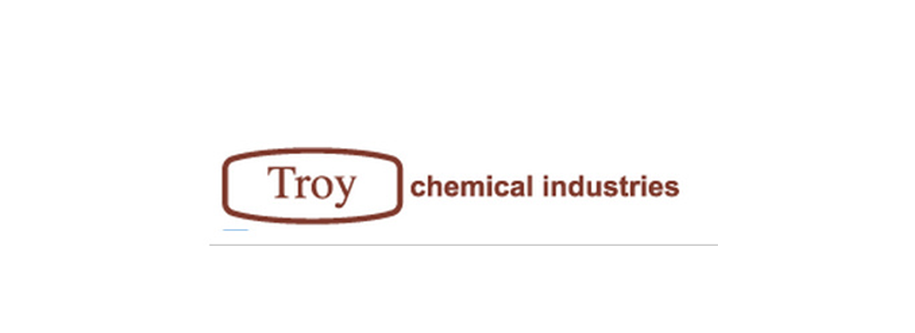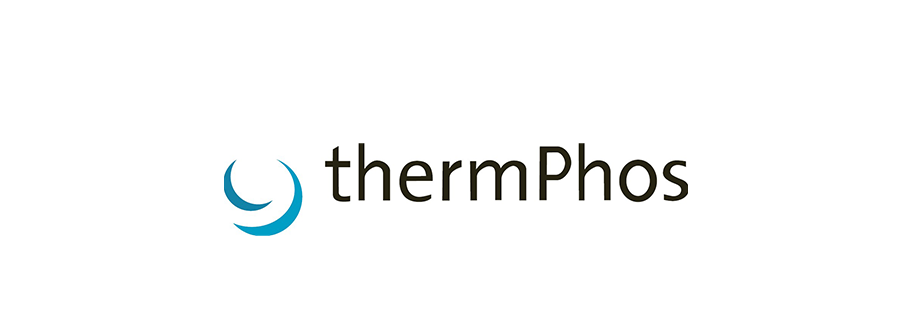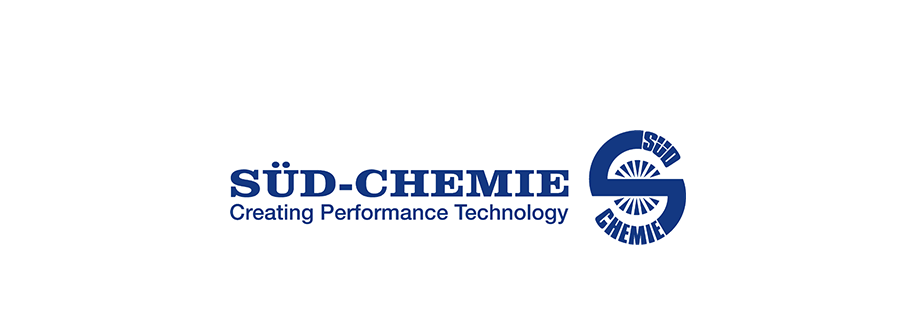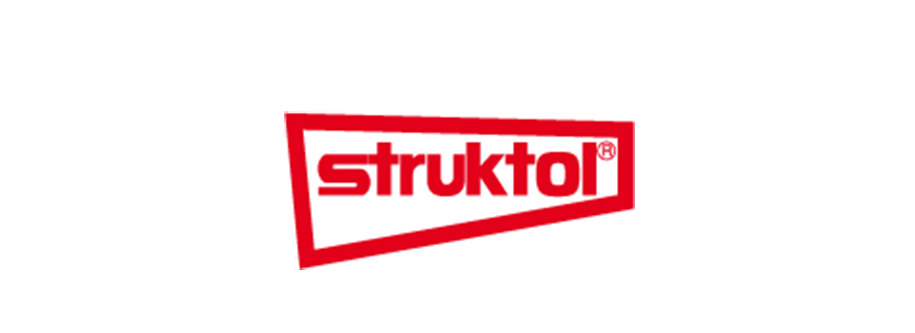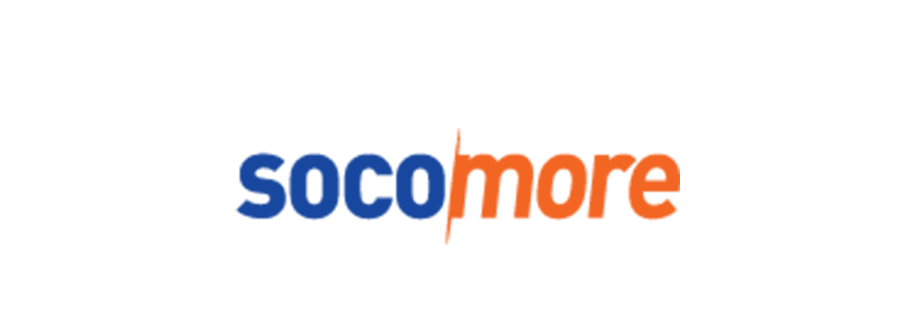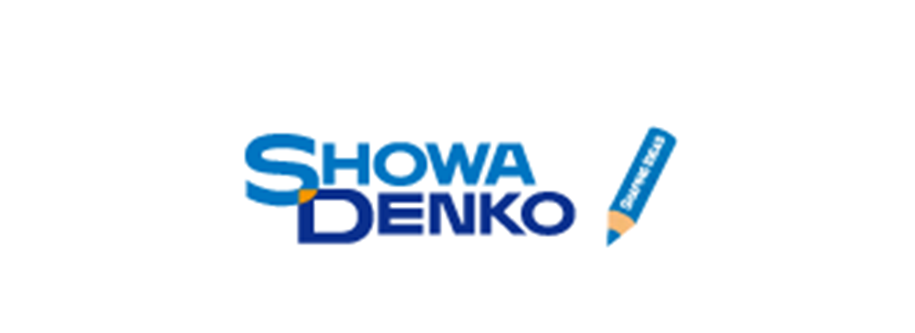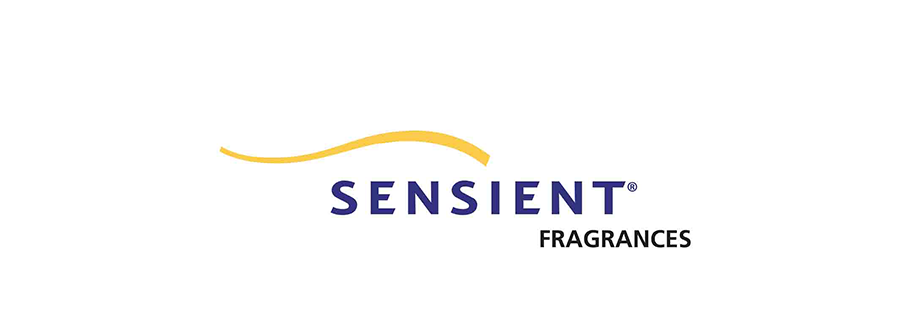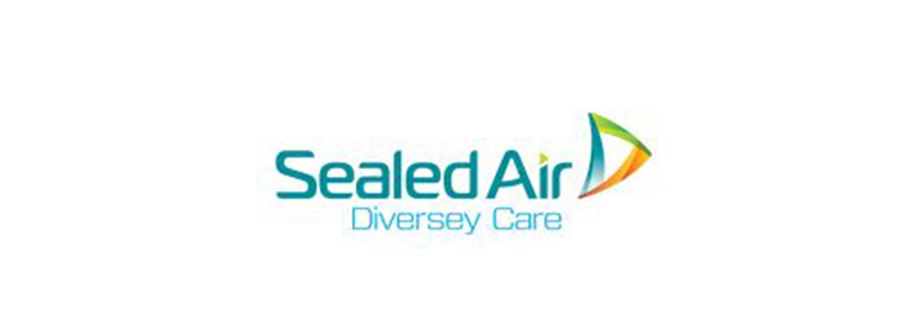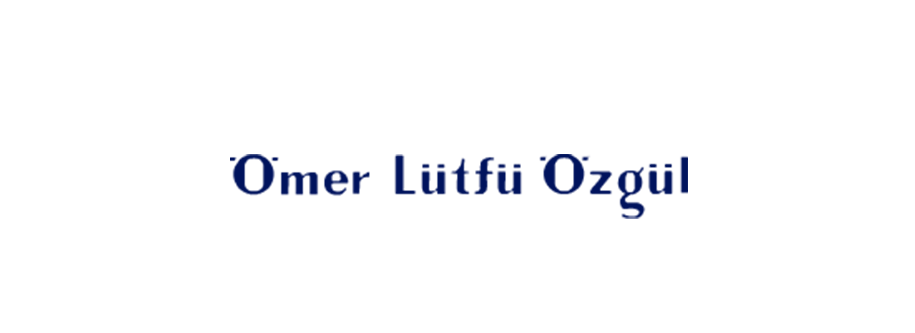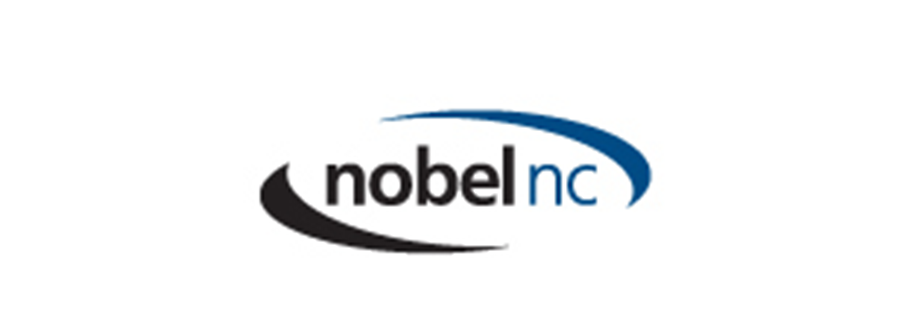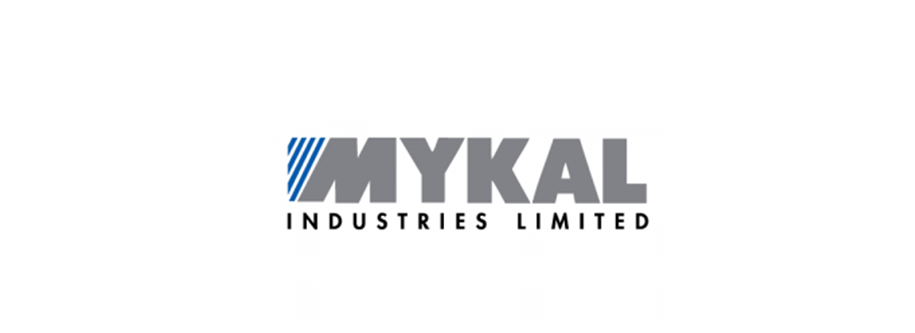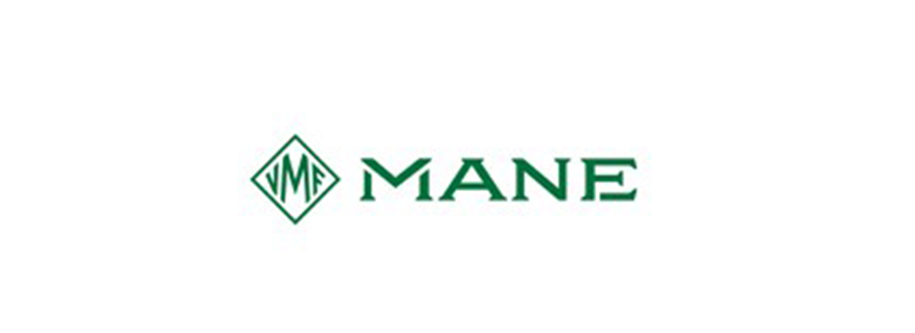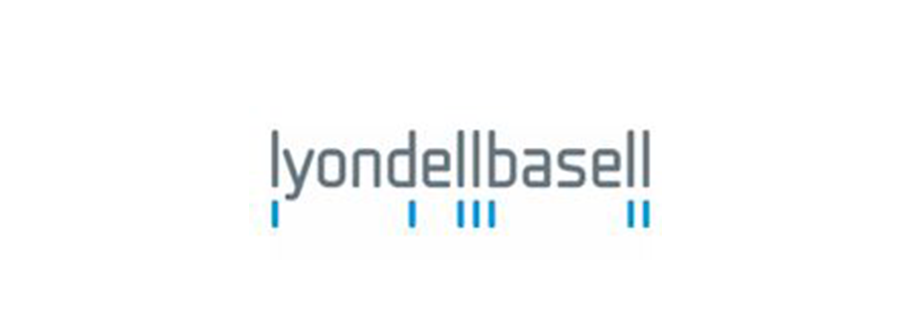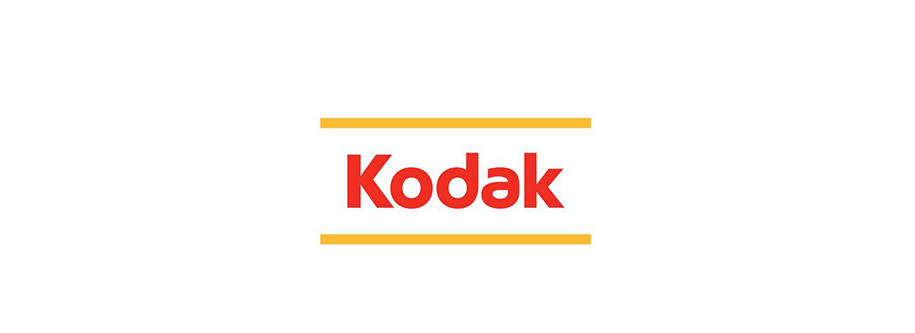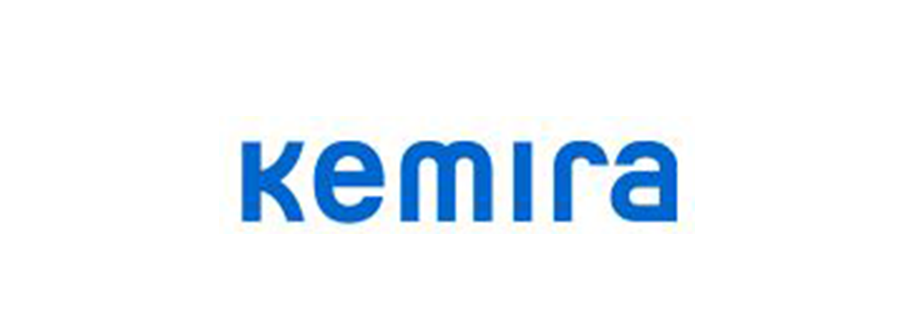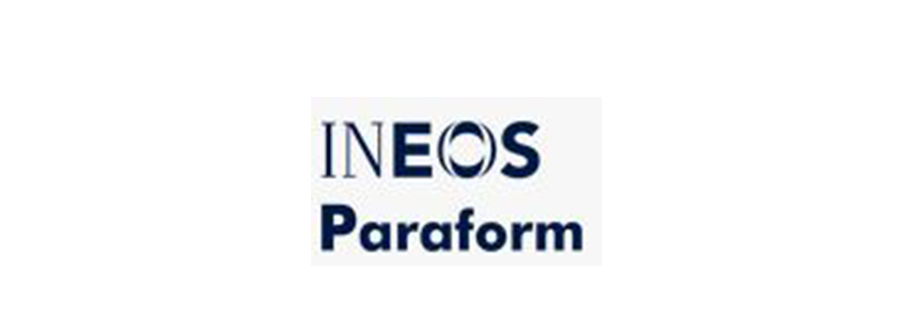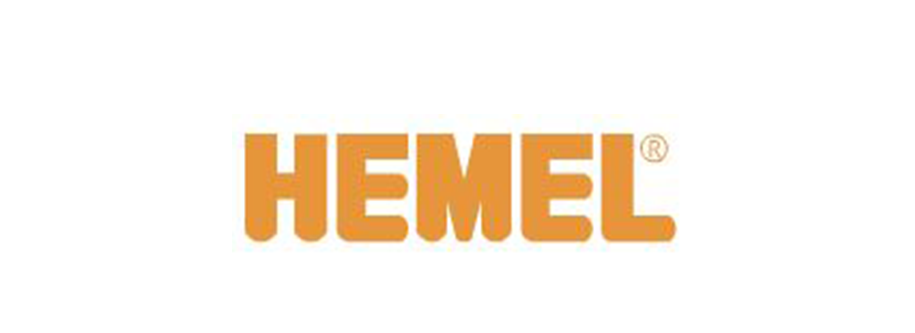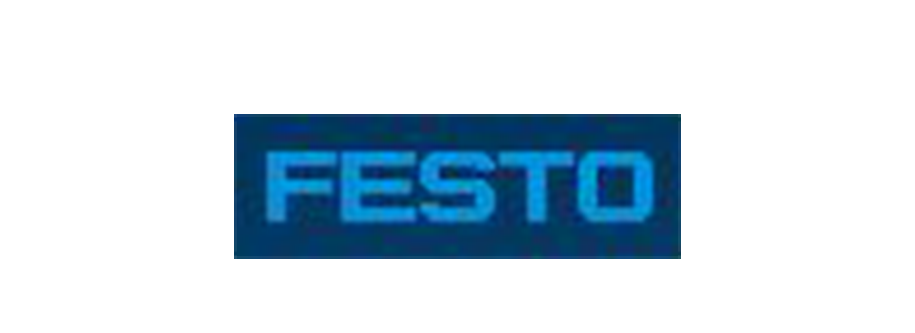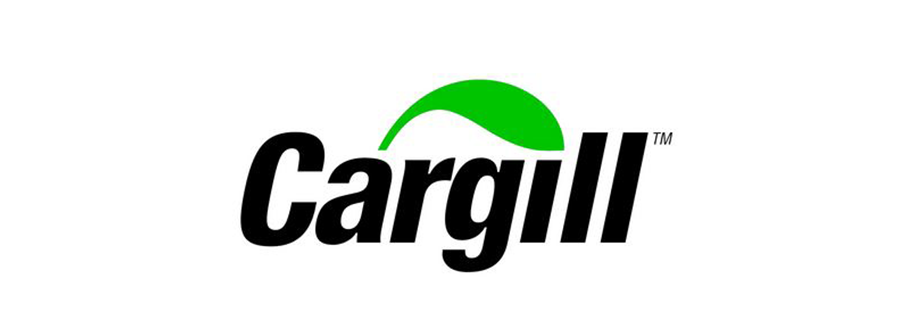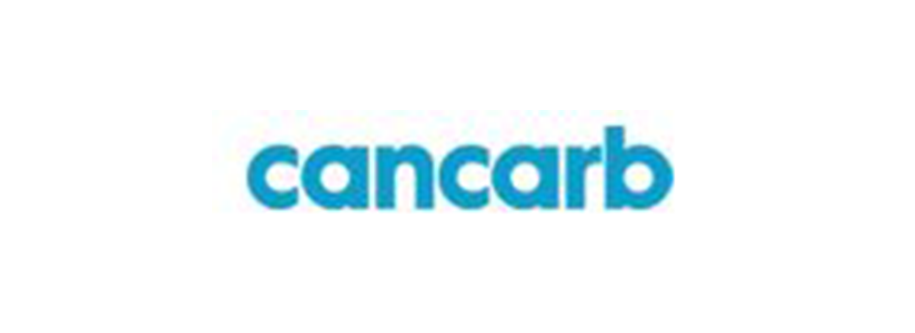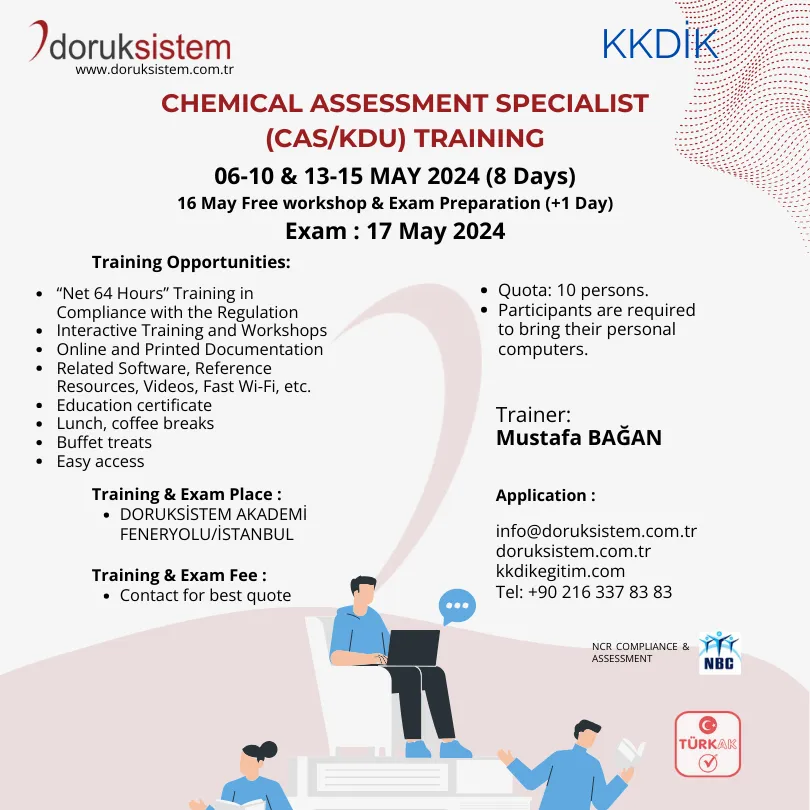Doruksistem GBF Services specializes in helping companies comply with the Turkish SDS Regulation: GBF. This regulation, which came into effect on 15 December 2014, requires companies to align their Turkish Safety Data Sheets (SDSs) with the GBF regulation.
The regulation lost its validity after 31 December 2023 and as of 01 January 2024, all safety data sheets will be prepared in accordance with ANNEX-II of the Registration, Evaluation, Authorization and Restriction of Chemicals (KKDİK) Regulation.
As a result, after December 31, 2023, Safety Data Sheet Preparers were replaced by Chemical Assessment Specialists (CAS).
This ensures that the SDSs are in compliance with the local requirements and can effectively communicate the necessary safety information to users.
Importers in Turkey and manufacturers in Turkey are also obligated to submit a copy of their SDSs to the Ministry of Environment Urbanization and Climate Change (MoEUCC) via the KKS tool. This further ensures that the necessary safety information is available to the authorities and relevant stakeholders.
At Doruksistem KKDIK GBF Services, we have a team of certified experts and a dedicated office in Istanbul.
We are fully equipped to assist you with the preparation and certification of your Turkish SDSs. Our experts have in-depth knowledge of the KKDİK regulation and are well-versed in the requirements for SDS preparation and submission.
By availing our services, you can ensure that your SDSs are compliant with the Turkish regulations, accurately represent your products, and effectively communicate the necessary safety information. We understand the importance of meeting regulatory requirements and can guide you through the process to ensure a smooth and hassle-free experience.
If you require assistance with the preparation and certification of your Turkish SDSs, Doruksistem KKDIK GBF Services is here to help. Contact us today to discuss your specific needs and benefit from our expertise in SDS compliance.
We can work with our expert team at Doruksistem to fulfill your obligations under the KKDIK Annex-II GBF regulation. Please contact us for more information and to take advantage of our services.

